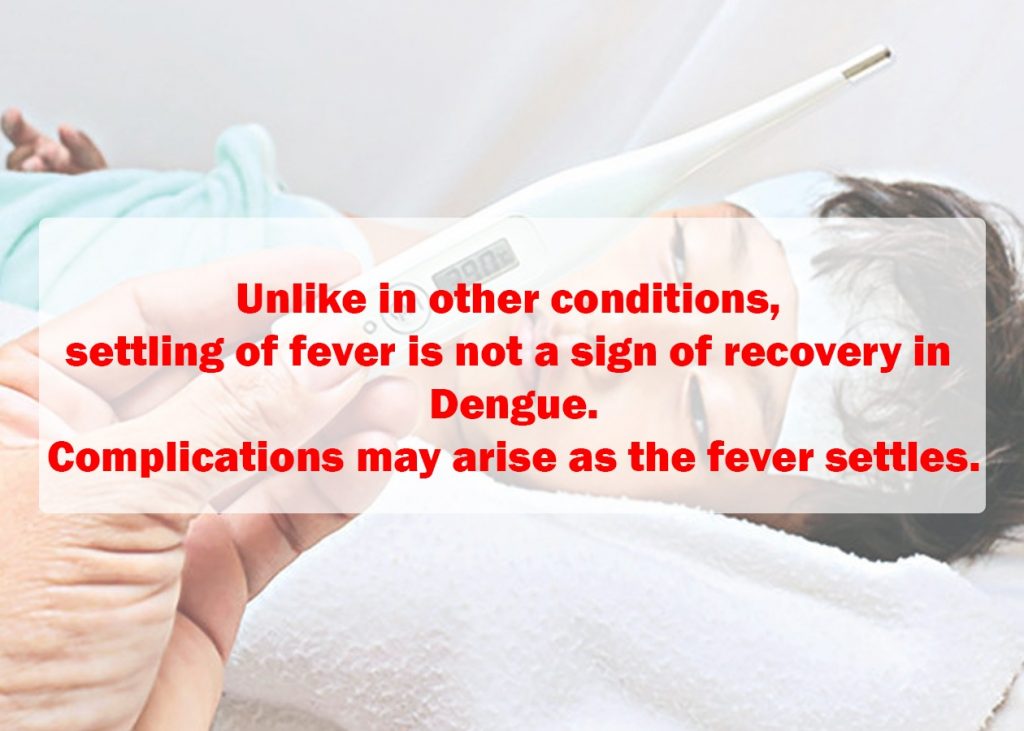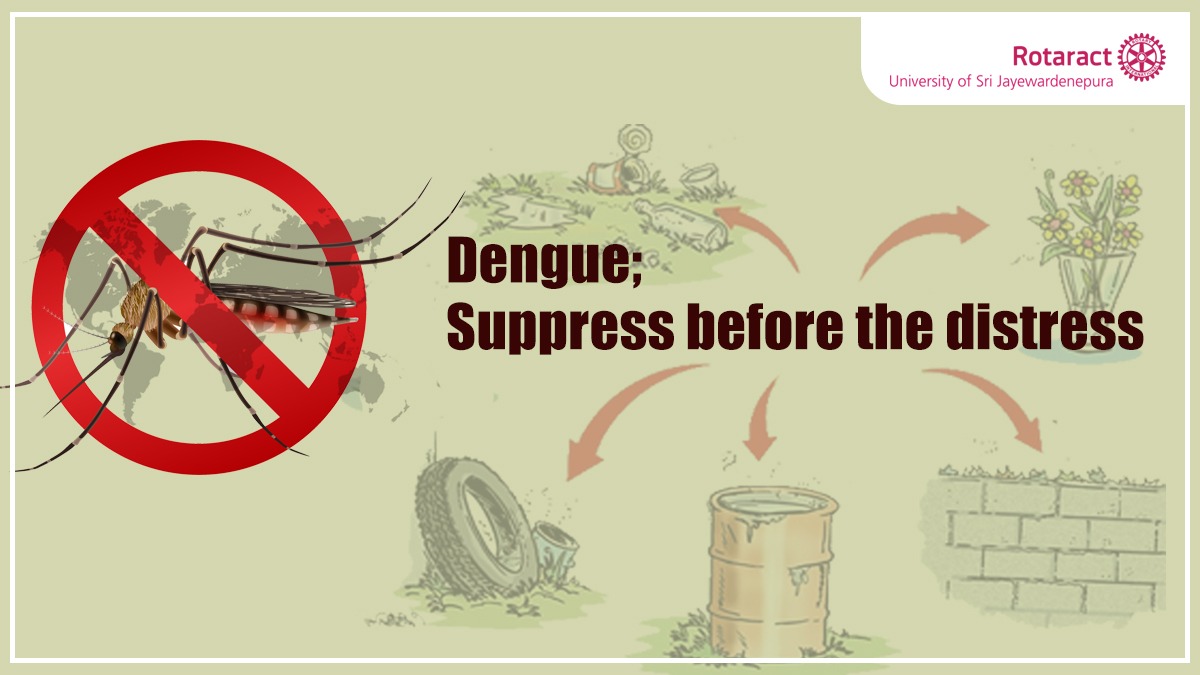Dengue, one of the most notorious viral infections, is slowly but steadily on the rise again. It is essential to refresh our knowledge of the disease and understand the depth of this deadly disease to fight it and take precautionary steps.
As you know, dengue is an arboviral disease. It is a general term used to describe infections caused by a group of viruses spreading among people with the bite of an infected insect, in this case, a mosquito. Prevention is better than cure, and it will always be. Therefore, we must try our best to keep our surroundings clean and tidy to prevent dengue mosquitoes from breeding. Without the carriers, it can slow down the transmission. One could also avoid getting bitten by mosquitoes by using mosquito repellents, vaporizers and coils. Using a mosquito net when going to sleep is another preventive measure that can be followed. You can also try wearing clothes that fully cover your body.
Dengue is like any other viral infection. However, several symptoms of dengue make the disease differ from others. The dropping of platelet count is one of its hallmark features. If you have a high fever (typically >100 ° F ) alongside one or more of the following symptoms, you are most likely to be suffering from dengue.
- Headache & retro-orbital pain (pain in and around the eyes)
- Muscle and joint pain
- Nausea & vomiting
- Loss of appetite
Occasionally, a person can develop a high fever not with the above symptoms but with either respiratory (coughing, nasal congestion) or gastrointestinal symptoms (colicky abdominal pain, constipation or diarrhoea).
It’s best to take paracetamol with the correct dosage (15 mg/kg/dose where one tablet contains 500 mg) once every six hours until the fever settles. Avoid antibiotics and NSAIDS at all costs. The type of fever you generally experience in dengue is intermittent when there is an interval in which the temperature is elevated for several hours, followed by an interval in which the temperature returns to normal. Hence, one has to make sure to use paracetamol responsibly so as not to experience a paracetamol overdose as it could lead to liver damage.

However, if the fever persists for more than a day, you must visit the nearest medical clinic and get checked. A full-blood report with a low platelet count and an antigen test for dengue called NS1 with a positive result will confirm the diagnosis. But there are exceptions. In some instances, a normal platelet count will be shown in the first report, but in the following reports, the platelet count will show a decrement. Further, the dengue antigen test can give false negatives. Therefore, the test is not 100% sensitive. It’s ideal to admit to a hospital when the platelet count starts dropping.
Dengue has no specific medications. The standard ways of treating a dengue patient are to settle the fever alongside fluid management to prevent the patient from dehydrating. (Antibiotics could be given to prevent infections if it’s necessary) Rest is also a must. Therefore, even during the homestay, it is essential to stay hydrated and have plenty of bed rest.
In the Sri Lankan setting, dengue is usually presented as DF (dengue fever) & DHF (dengue haemorrhagic fever). Around 90% of patients develop DF, whereas the rest go into DHF. Both conditions have a febrile phase as their first phase (febrile=fever). In DHF, however, the febrile phase is followed by a leaking phase, unlike DF, where the convalescent phase follows the febrile phase right after. The leaking phase in DHF requires very close monitoring, and deaths due to dengue almost always result from complications arising from DHF, such as dengue shock syndrome.
Dengue was long forgotten with the emergence of COVID-19. But now, the deadly viral infection is picking up again. We must be vigilant and make sure it will not turn into an epidemic because, with the current situation, that’s the last thing we would want.
Written by Rtr. Inuri Hettiarachchi
Graphic Design by: Rtr. Supun Tharaka and Rtr. Dhanuka Nawanjana


0 Comments